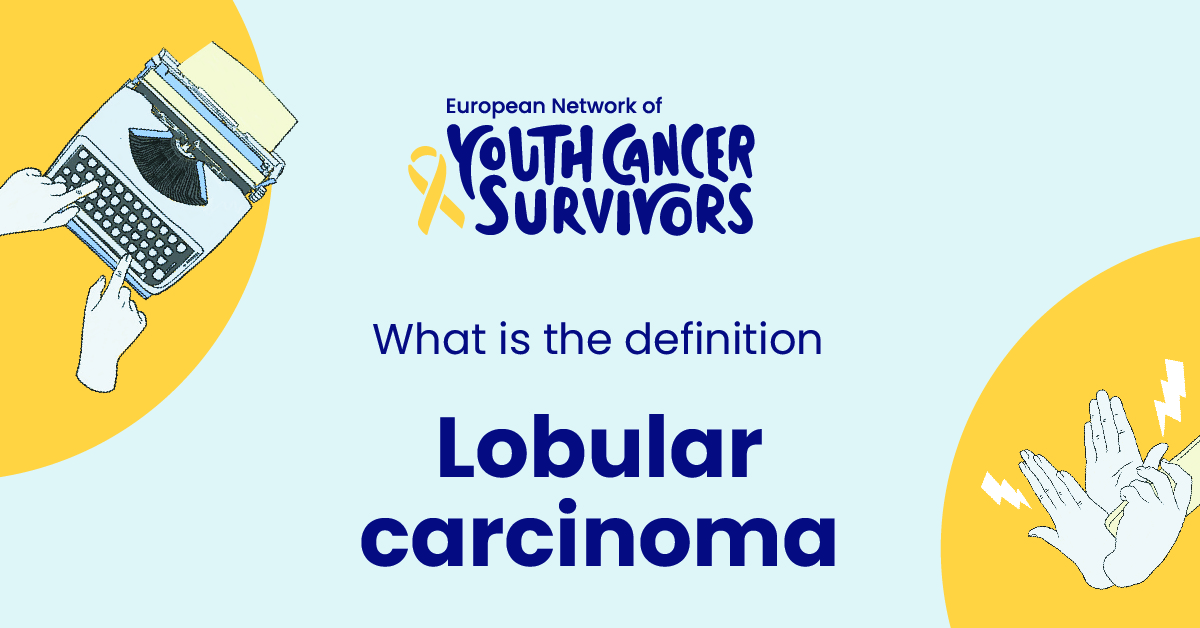 Lobular carcinoma, while not as prevalent as its counterpart ductal carcinoma, remains a significant player in the realm of breast cancers. It is essential to understand what this condition entails, the risks involved, and its treatment and management options, to ensure early detection and effective treatment. This article delves into everything you need to know about lobular carcinoma.
Lobular carcinoma, while not as prevalent as its counterpart ductal carcinoma, remains a significant player in the realm of breast cancers. It is essential to understand what this condition entails, the risks involved, and its treatment and management options, to ensure early detection and effective treatment. This article delves into everything you need to know about lobular carcinoma.
Definition of Lobular Carcinoma
Lobular carcinoma is a type of breast cancer that begins in the milk-producing glands (lobules) of the breast. This cancer is categorized into two: Lobular Carcinoma in Situ (LCIS), which remains within the lobules, and Invasive Lobular Carcinoma (ILC), which has the capacity to spread to other parts of the body.
The main difference between lobular carcinoma and other breast cancers lies in their origin point. While lobular carcinoma begins in the lobules, other types — including the most common, ductal carcinoma — originate within the milk ducts.
Causes and Risk Factors of Lobular Carcinoma
The exact cause of lobular carcinoma is unclear; however, genetic and lifestyle factors play a significant role. Certain inherited gene mutations, including BRCA1 and BRCA2, heighten the risk of developing lobular carcinoma.>/p>
Lifestyle and environmental factors, such as hormone replacement therapy during menopause, consuming alcohol, and obesity, also prove influential, with research suggesting that these habits can increase the chance of developing this disease.
Symptoms and Signs of Lobular Carcinoma
The main symptoms of lobular carcinoma vary and may include changes in the breast’s texture, thickening or hardening of an area compared to the rest, and subtle changes in breast size or shape. In some cases, lobular carcinoma does not present clear-cut lumps typical with other breast cancers, making it critical to remain mindful of any changes.
Detection entails both physical signs and medical testing, for instance, mammograms, ultrasound, and biopsies. Doctors may utilize one test or a combination, depending on individual patient assessment.
Diagnosis of Lobular Carcinoma
To diagnose lobular carcinoma, doctors employ various testing procedures – the most common is a mammogram. If abnormalities are noticed, the next step is usually an ultrasound or MRI to further investigate the area of interest. A biopsy is then performed to confirm the type and stage of the disease.
The stage of lobular carcinoma is determined based on tumor size, lymph node involvement, and the extent of cancer spread. Stages range from Stage 0 (LCIS) – cancer remaining within the lobules, to Stage IV – cancer that has spread to distant parts of the body.
Treatments and Therapies for Lobular Carcinoma
Treatment of lobular carcinoma depends on the disease stage and the patient’s overall health status. Available options include surgery (lumpectomy or mastectomy), radiation therapy, chemotherapy, and hormonal therapy.
The choice between lumpectomy and mastectomy often depends on the tumor’s size, its location, and the patient’s preferences. Radiation therapy, hormonal therapy, and chemotherapy might also be incorporated into the treatment plan to fight any remaining cancer cells post-surgery.
Living with Lobular Carcinoma
Coping with a lobular carcinoma diagnosis can be challenging. It not only impacts the physical body but also has a significant psychosocial impact. Support groups, counseling, and conversations with survivors can prove beneficial for emotional well-being during this time.
Conclusion
In all, lobular carcinoma, like any other cancer, demands early detection and aggressive treatment. Regular self-examinations and mammograms play a pivotal role in early detection. By understanding this disease, we can work towards a world where no one is left uninformed, and every woman stands a fighting chance.
FAQs:
- How common is lobular carcinoma compared to other types of breast cancer?
Lobular carcinoma contributes approximately 10-15% of all invasive breast cancers. It’s less common than ductal carcinoma, which contributes to about 70-80% of all cases.
- What are the main signs and symptoms of lobular carcinoma?
Symptoms may include changes in the breast’s texture, thickness or hardening of an area, or subtle changes in breast size or shape. Notably, lobular carcinoma may not present a clear-cut lump, unlike other breast cancers.
- How is lobular carcinoma typically diagnosed?
It’s typically diagnosed through mammograms, but ultrasounds and biopsies may also be used if the mammogram detects abnormalities.
- What are the different treatment options available for lobular carcinoma?
Lobular carcinoma can be treated through surgery (lumpectomy or mastectomy), radiation therapy, chemotherapy, and hormonal therapy, depending on the disease stage and the patient’s overall health.
- Can lobular carcinoma be prevented or its risk reduced?
While no foolproof prevention measure exists, maintaining a healthy lifestyle, limiting alcohol consumption, and staying vigilant through regular screening can help reduce risk.









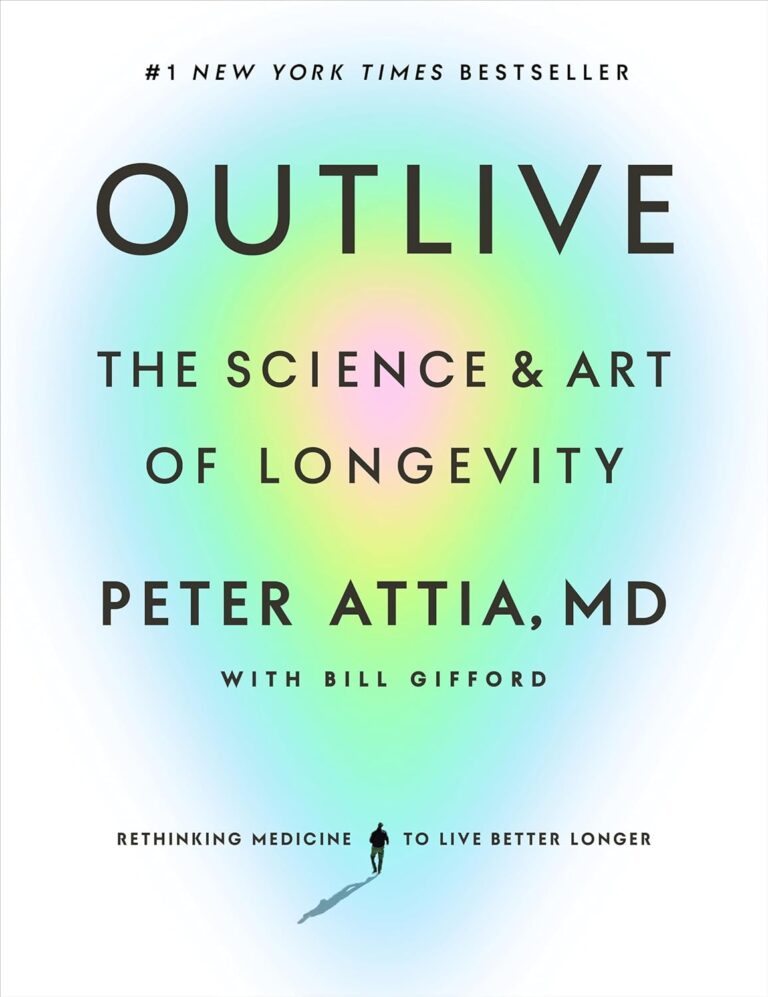
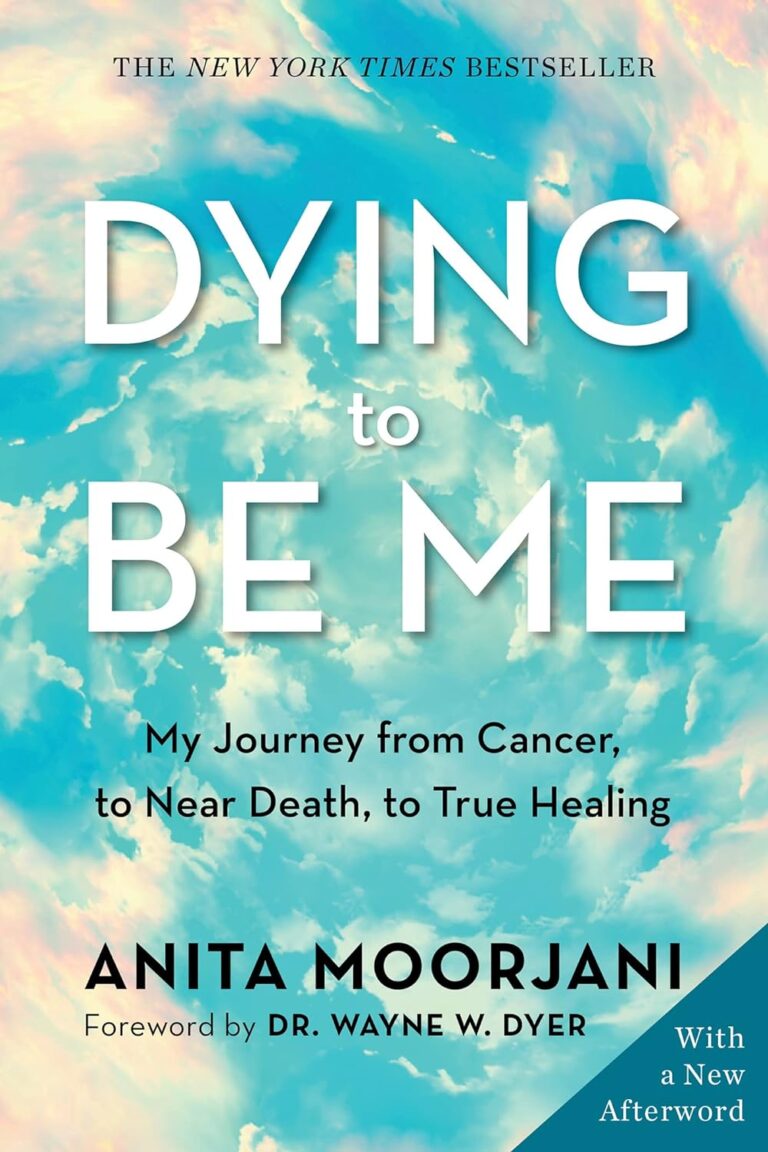

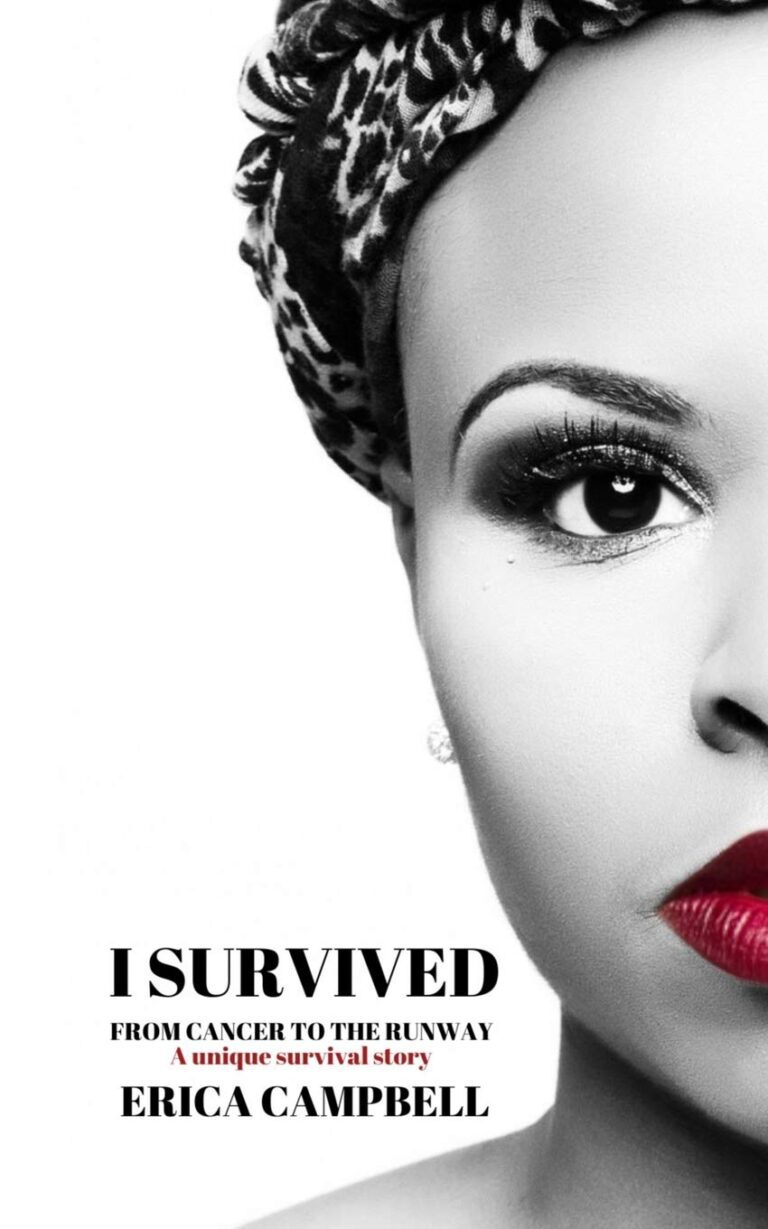


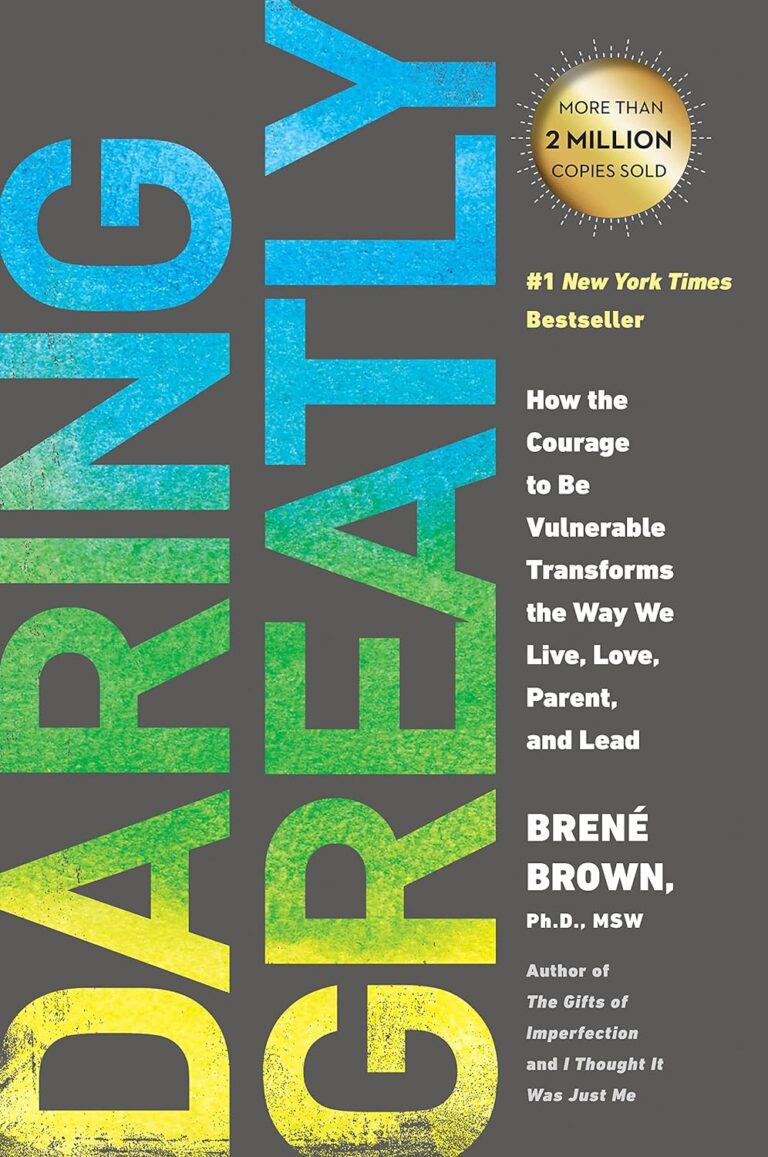

Comments
Thank you. Comment sent for approval.
Something is wrong, try again later